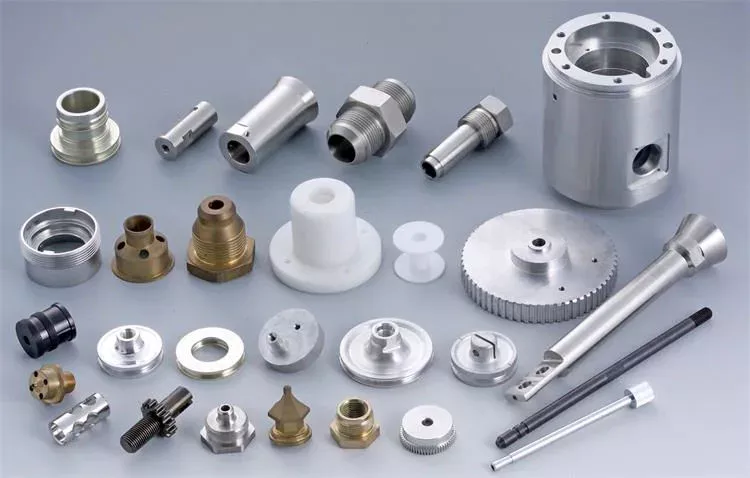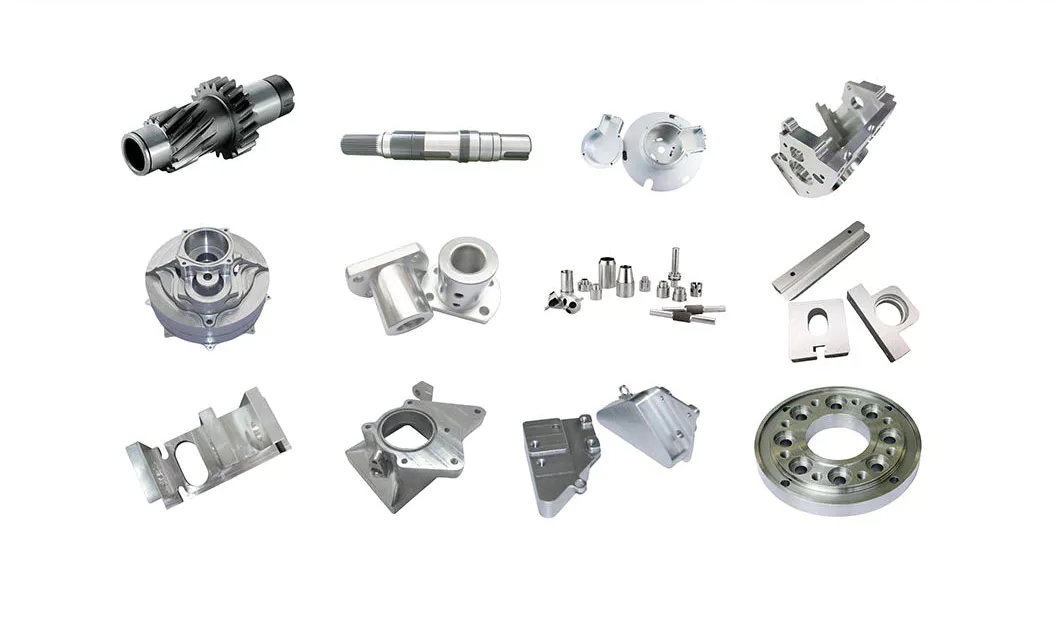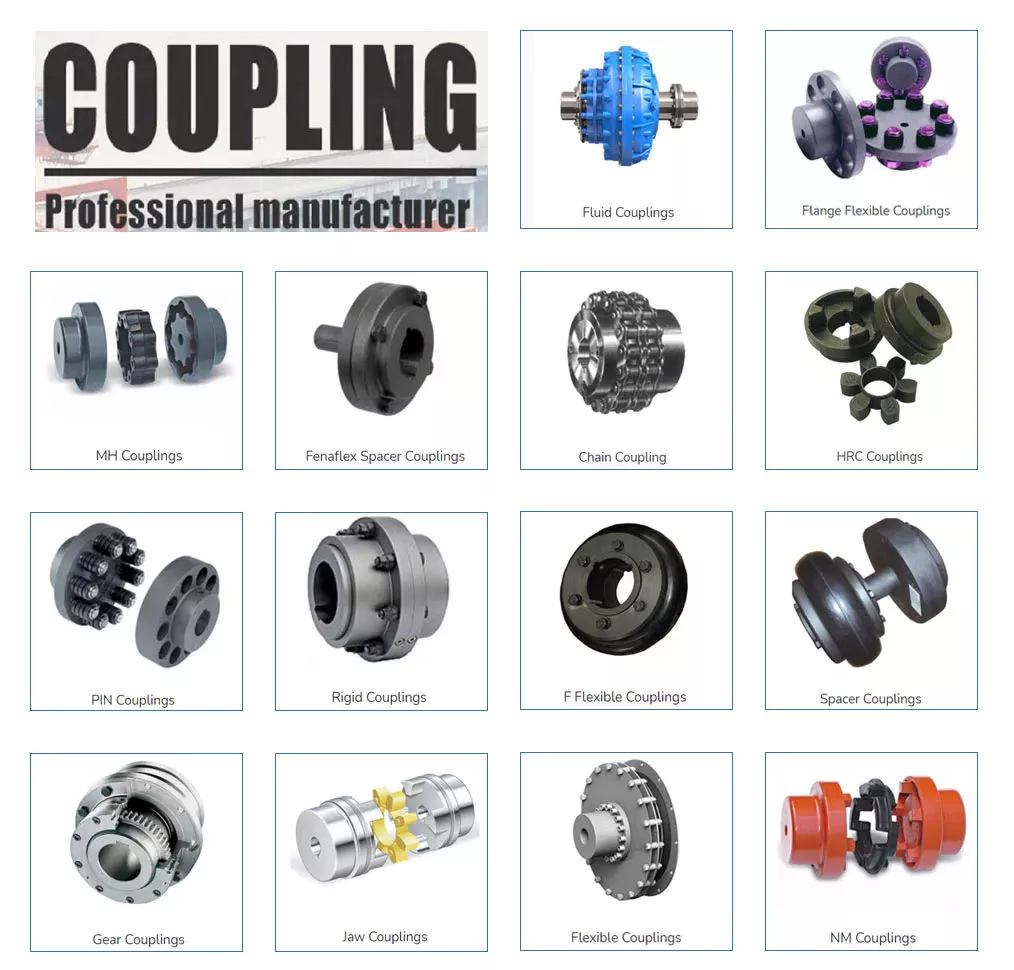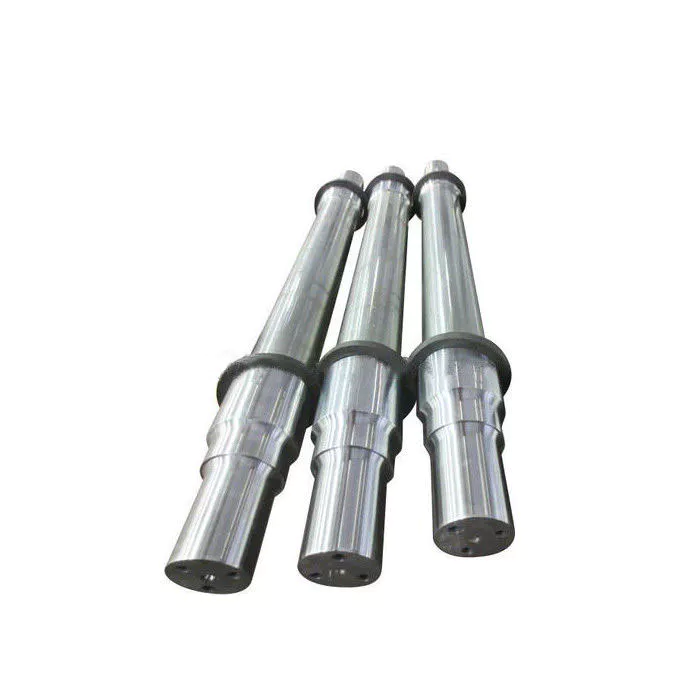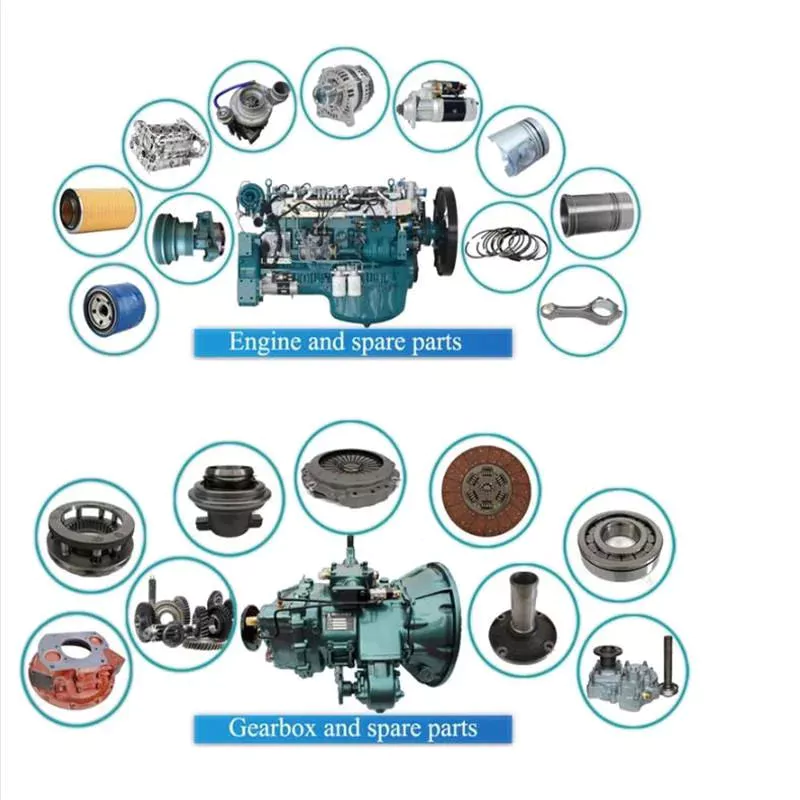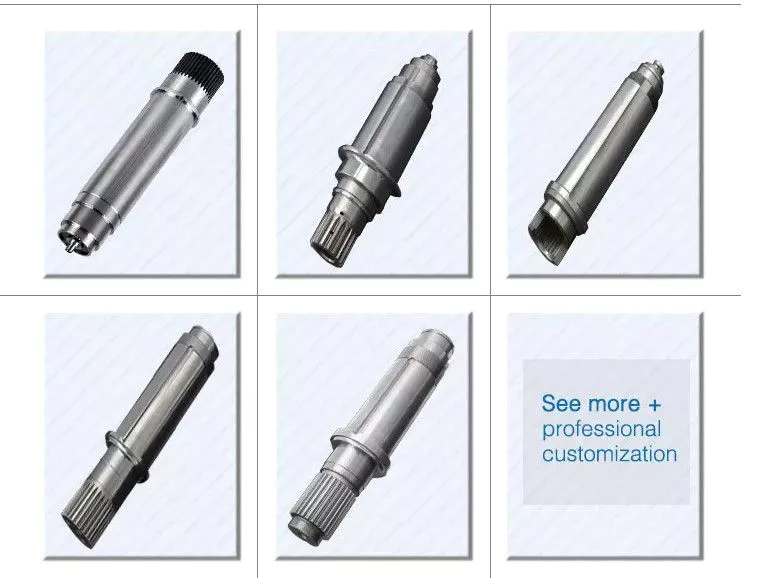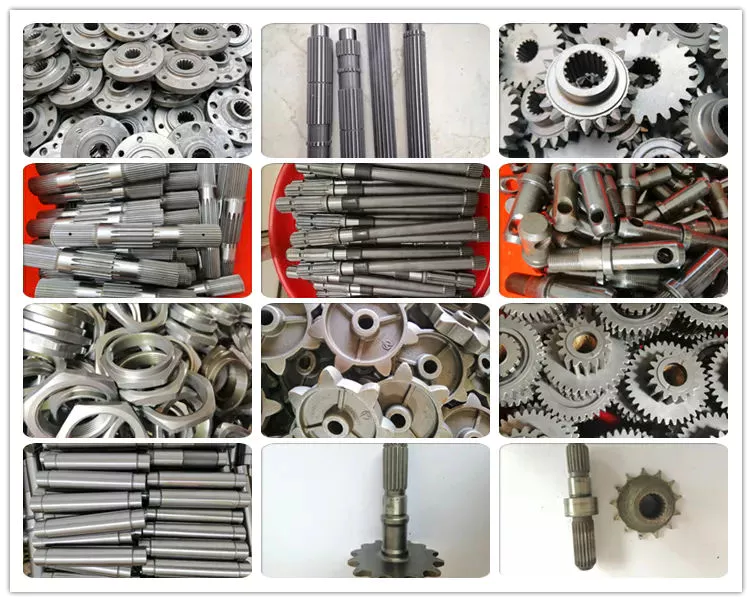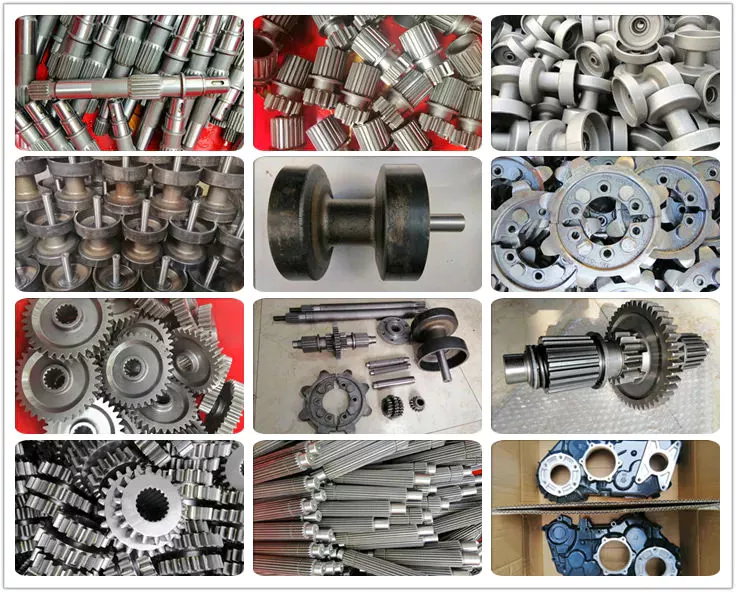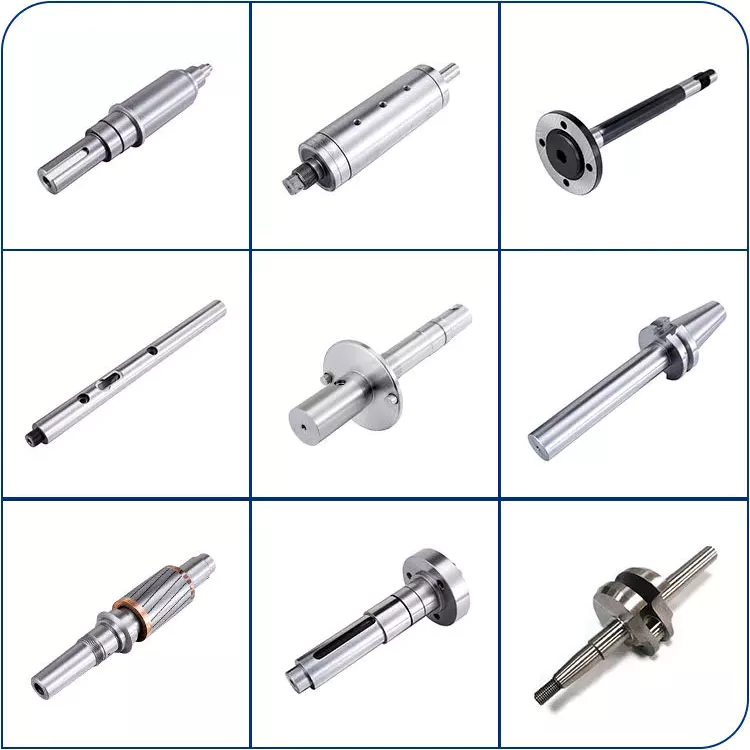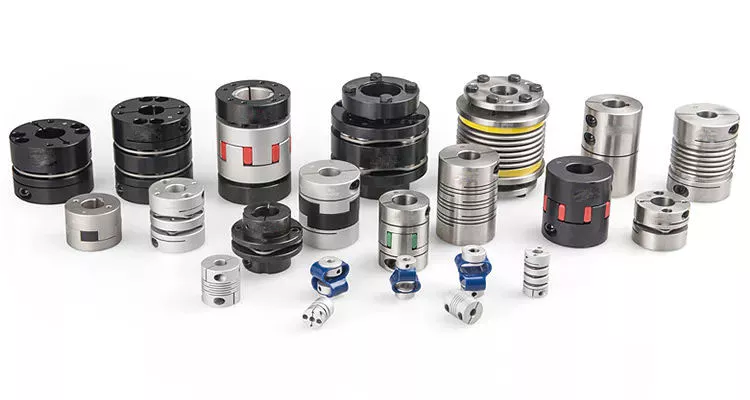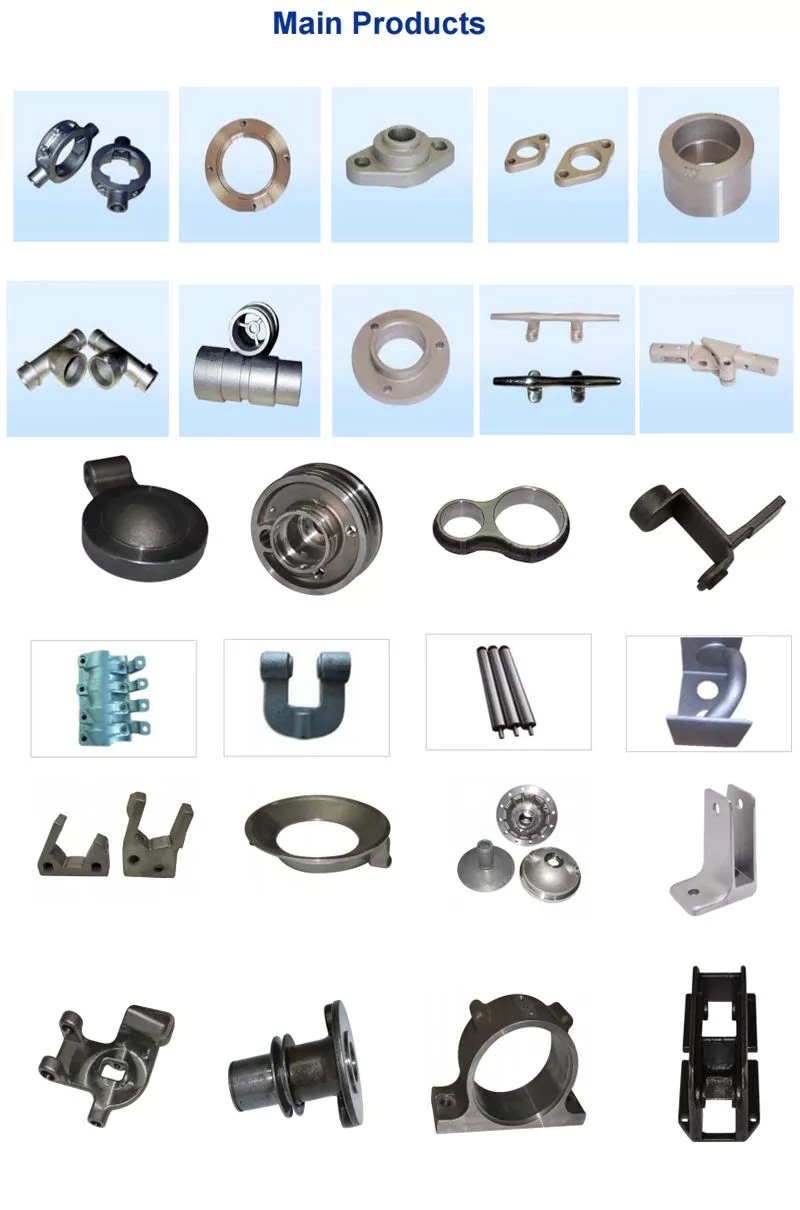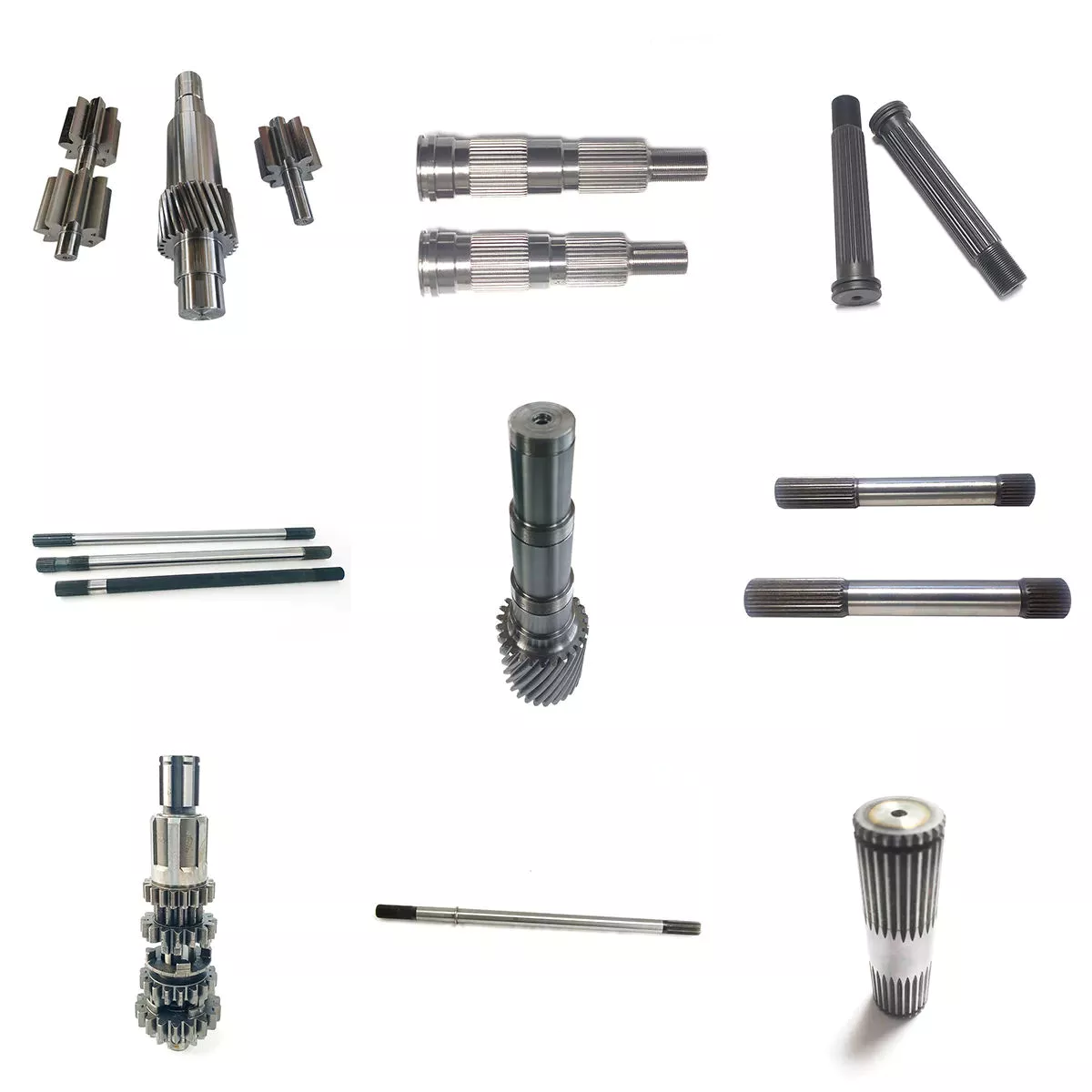Product Description
Product Description:
TLK TD1004 90-130HP 4WD Wheel Agricultural Farm Tractor China big wheeled farming tractor with ISO Ce Certificate for Sale
Tractor Main Features and Advantages:
1.Equipped famous brand engine showing advanced capacity,low fuel consumption,high economic efficiency.
2. Streamlined appearance design, beautiful and generous.
3.Transmission Case adopt meshed shift and add the gearbox interlock device makes the operation more smoothly,reliable and easier.
4. Double action clutch with disc spring, perform steadily and easy to operate.
5. Fully hydraulic steering system greatly reduced driver’s work strength.
6. Wet disc brake device, reliable brake performance.
7. Separate injection of hydraulic oil, reliable to operate.
8. The lifter with force and position adjustment, with reliable lift.
9. Tractor PTO:
PTO in Double speed : 540/760r/min Optional, For high working efficiency.
PTO shaft of 6 or 8 spline Optional, adaptable for agricultural equipment of all over the world.
10. Big Chassis and Heavy-duty Rear axle for Durable Strong machine.
11. Full series light, ROPS,Sunshade/Canopy, Fan/Heater/Air-conditioned cabin are all available, for more comfortable driving environment
Main Technical Specifications:
| Model | TK1004 | TK1104 | TK1204 | TK1304 | ||
| Type | 4×4 Wheeled Type | 4×4 Wheeled Type | 4×4 Wheeled Type | 4×4 Wheeled Type | ||
| Dimensions of Tractor (mm) | Length | 4480 | 4480 | 4480 | 4480 | |
| Width | 2050 | 2050 | 2050 | 2050 | ||
| Height | 2570 | 2570 | 2570 | 2570 | ||
| Tread | Front Wheel | 1610(usual) | 1610(usual) | 1610(usual) | 1610(usual) | |
| Rear Wheel | 1608(usual) | 1608(usual) | 1608(usual) | 1608(usual) | ||
| Wheel Base | 2366 | 2366 | 2366 | 2366 | ||
| Min. Ground Base | 405(the bottom of front axle) | 405(the bottom of front axle) | 405(the bottom of front axle) | 405(the bottom of front axle) | ||
| Min. Usage Mass(kg) | 4200 | 4200 | 4200 | 4200 | ||
| Engine | Model | YTO LR4M3Z | YTO LR4M3Z | YTO LR6B5-23 | YTO LR6M5-23 | |
| Type | Vertical, water cooled and 4-stroke | Vertical, water cooled and 4-stroke | Vertical, water cooled and 4-stroke | Vertical, water cooled and 4-stroke | ||
| Rated Power(kw) | 66.2 | 80.8 | 88.2 | 95.6 | ||
| Rated Rev.(r/min) | 2300 | 2300 | 2300 | 2300 | ||
| Fuel | Diesel Oil | Diesel Oil | Diesel Oil | Diesel Oil | ||
| Tire | Front Wheel | 12.4-24 | 12.4-24 | 12.4-24 | 12.4-24 | |
| Rear Wheel | 16.9-34 | 16.9-34 | 16.9-34 | 16.9-34 | ||
| Clutch | Dry-friction, single disc and 2 stage | Dry-friction, single disc and 2 stage | Dry-friction, single disc and 2 stage | Dry-friction, single disc and 2 stage | ||
| Steering | Hydraulic type | Hydraulic type | Hydraulic type | Hydraulic type | ||
| Transmission Box | 4×(2+1)×2 Composed | 4×(2+1)×2 Composed | 4×(2+1)×2 Composed | 4×(2+1)×2 Composed | ||
| Suspension Type | Post Positioned Tri-point Suspension Catalogue 2 or 3 (optional) | Post Positioned Tri-point Suspension Catalogue 2 or 3 (optional) | Post Positioned Tri-point Suspension Catalogue 2 or 3 (optional) | Post Positioned Tri-point Suspension Catalogue 2 or 3 (optional) | ||
| PTO | Type and Rev.(r/min) | Post-position, independent, 760/850 or 540/1000 or 540/760 (optioanl) |
Post-position, independent, 760/850 or 540/1000 or 540/760 (optioanl) |
Post-position, independent, 760/1000 or 540/1000 or 540/760 (optioanl) |
Post-position, independent, 760/1000 or 540/1000 or 540/760 (optioanl) |
|
| Spline Size | I38 Rectangle Spline with 8 teeth | I38 Rectangle Spline with 8 teeth | I38 Rectangle Spline with 8 teeth | I38 Rectangle Spline with 8 teeth | ||
Technology & Innovation:
WeiFang Telake has established a professional R & D team, realized the self-control ability of core components by integrating the industry’s
advantageous resources, built a stable quality control system.
Invested tens millions to introduce intelligent mechanization total production line, automatic chassis production line, gearbox processing line and welding
robots, processing centers and other advanced production lines and equipment, to achieve an annual production capacity of 30,000 tractors.
/////////////////////////////////////////////////////////////////////////////////////////////////////////////////////////////////////////////////////////////////////
Packaging & Delivery:
-Delivery time:20- 30 days.
/////////////////////////////////////////////////////////////////////////////////////////////////////////////////////////////////////////////////////////////////////
Certifications:
Common problems
(1) Are you a manufacturing factory or a trading company?
We are a factory with 20 years of professional production experience in the field of 25hp-240hp tractors, located in HangZhou City, ZheJiang Province, China. Our factory has passed ISO9001, CCC, CE, SGS and BV certification. We also have a quality control department to purchase products for customers. This is why the price of our tractors is so reasonable.
(2) Can we print the logo or company name on your product or packaging?
of course. Your logo can be printed on your product by embossing, self-adhesive or silk-screen printing.
(3) About the price
The price is negotiable. It can be changed according to the options or packaging of the tractor.
(4) Regarding payment or other issues
We accept LC, TT, if you have other questions, please email me or chat with me directly.
Contact
Welcome to our factory
Adhere to the business tenet of “Integrity-based, Quality First”, and wholeheartedly provide you with the best products and wholehearted service. We actively cooperate with research institutions and multinational companies to achieve continuous innovation. HangZhou Telake Agricultural Equipment CO.,LTD welcomes domestic and foreign customers to visit and guide!
HangZhou Telake Agricultural Equipment CO.,LTD
Adress: East of Xihu (West Lake) Dis. Road,South of Cailin Road,Xihu (West Lake) Dis. Economic District,HangZhou,ZheJiang ,China
Analytical Approaches to Estimating Contact Pressures in Spline Couplings
A spline coupling is a type of mechanical connection between 2 rotating shafts. It consists of 2 parts – a coupler and a coupling. Both parts have teeth which engage and transfer loads. However, spline couplings are typically over-dimensioned, which makes them susceptible to fatigue and static behavior. Wear phenomena can also cause the coupling to fail. For this reason, proper spline coupling design is essential for achieving optimum performance.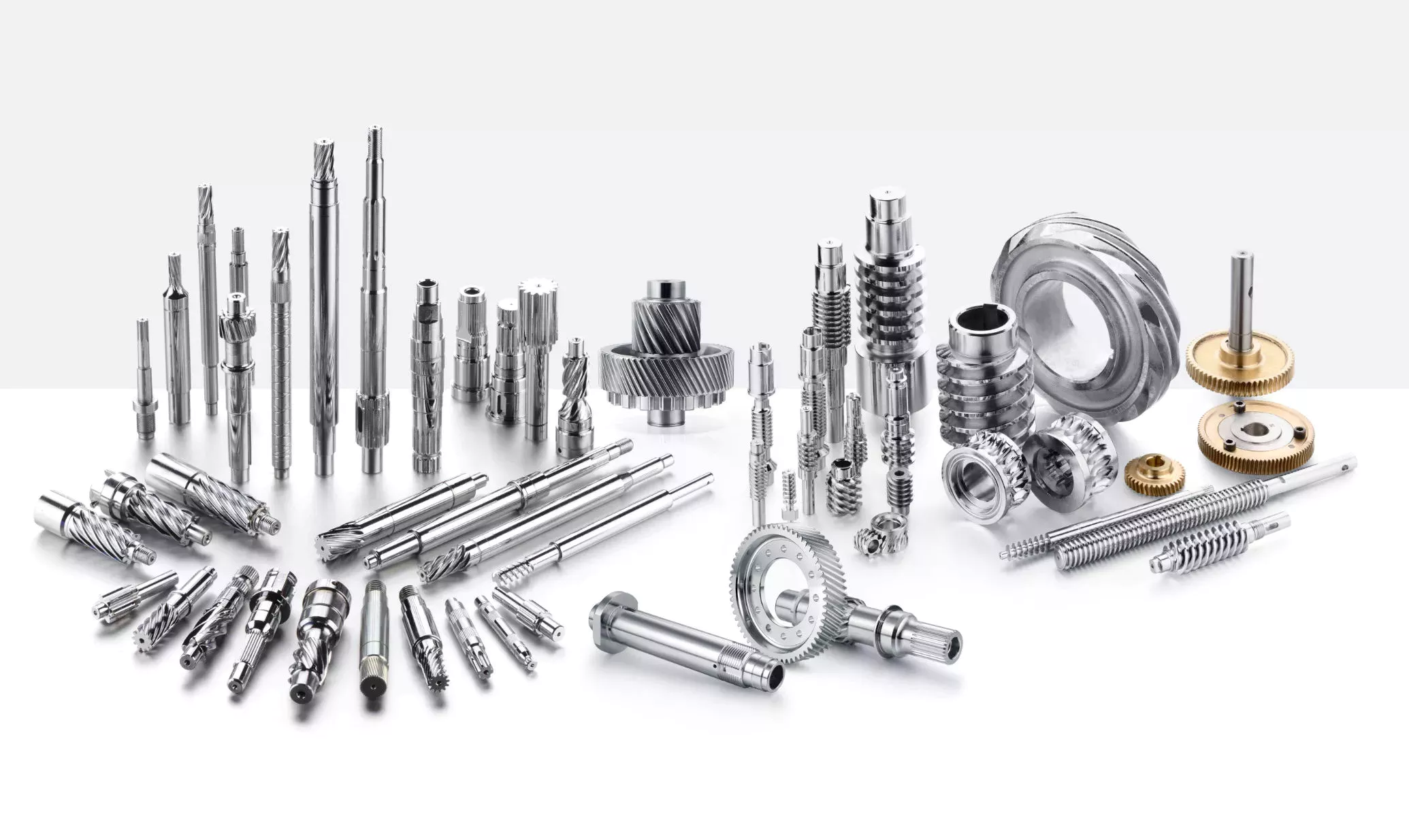
Modeling a spline coupling
Spline couplings are becoming increasingly popular in the aerospace industry, but they operate in a slightly misaligned state, causing both vibrations and damage to the contact surfaces. To solve this problem, this article offers analytical approaches for estimating the contact pressures in a spline coupling. Specifically, this article compares analytical approaches with pure numerical approaches to demonstrate the benefits of an analytical approach.
To model a spline coupling, first you create the knowledge base for the spline coupling. The knowledge base includes a large number of possible specification values, which are related to each other. If you modify 1 specification, it may lead to a warning for violating another. To make the design valid, you must create a spline coupling model that meets the specified specification values.
After you have modeled the geometry, you must enter the contact pressures of the 2 spline couplings. Then, you need to determine the position of the pitch circle of the spline. In Figure 2, the centre of the male coupling is superposed to that of the female spline. Then, you need to make sure that the alignment meshing distance of the 2 splines is the same.
Once you have the data you need to create a spline coupling model, you can begin by entering the specifications for the interface design. Once you have this data, you need to choose whether to optimize the internal spline or the external spline. You’ll also need to specify the tooth friction coefficient, which is used to determine the stresses in the spline coupling model 20. You should also enter the pilot clearance, which is the clearance between the tip 186 of a tooth 32 on 1 spline and the feature on the mating spline.
After you have entered the desired specifications for the external spline, you can enter the parameters for the internal spline. For example, you can enter the outer diameter limit 154 of the major snap 54 and the minor snap 56 of the internal spline. The values of these parameters are displayed in color-coded boxes on the Spline Inputs and Configuration GUI screen 80. Once the parameters are entered, you’ll be presented with a geometric representation of the spline coupling model 20.
Creating a spline coupling model 20
The spline coupling model 20 is created by a product model software program 10. The software validates the spline coupling model against a knowledge base of configuration-dependent specification constraints and relationships. This report is then input to the ANSYS stress analyzer program. It lists the spline coupling model 20’s geometric configurations and specification values for each feature. The spline coupling model 20 is automatically recreated every time the configuration or performance specifications of the spline coupling model 20 are modified.
The spline coupling model 20 can be configured using the product model software program 10. A user specifies the axial length of the spline stack, which may be zero, or a fixed length. The user also enters a radial mating face 148, if any, and selects a pilot clearance specification value of 14.5 degrees or 30 degrees.
A user can then use the mouse 110 to modify the spline coupling model 20. The spline coupling knowledge base contains a large number of possible specification values and the spline coupling design rule. If the user tries to change a spline coupling model, the model will show a warning about a violation of another specification. In some cases, the modification may invalidate the design.
In the spline coupling model 20, the user enters additional performance requirement specifications. The user chooses the locations where maximum torque is transferred for the internal and external splines 38 and 40. The maximum torque transfer location is determined by the attachment configuration of the hardware to the shafts. Once this is selected, the user can click “Next” to save the model. A preview of the spline coupling model 20 is displayed.
The model 20 is a representation of a spline coupling. The spline specifications are entered in the order and arrangement as specified on the spline coupling model 20 GUI screen. Once the spline coupling specifications are entered, the product model software program 10 will incorporate them into the spline coupling model 20. This is the last step in spline coupling model creation.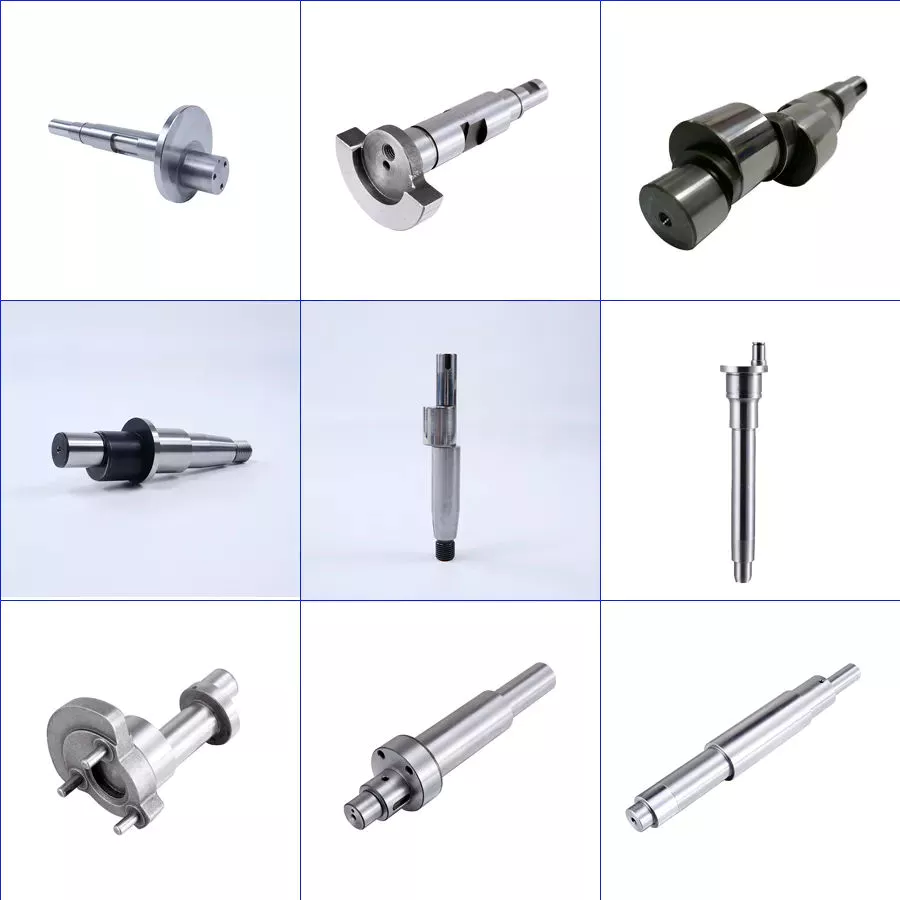
Analysing a spline coupling model 20
An analysis of a spline coupling model consists of inputting its configuration and performance specifications. These specifications may be generated from another computer program. The product model software program 10 then uses its internal knowledge base of configuration dependent specification relationships and constraints to create a valid three-dimensional parametric model 20. This model contains information describing the number and types of spline teeth 32, snaps 34, and shoulder 36.
When you are analysing a spline coupling, the software program 10 will include default values for various specifications. The spline coupling model 20 comprises an internal spline 38 and an external spline 40. Each of the splines includes its own set of parameters, such as its depth, width, length, and radii. The external spline 40 will also contain its own set of parameters, such as its orientation.
Upon selecting these parameters, the software program will perform various analyses on the spline coupling model 20. The software program 10 calculates the nominal and maximal tooth bearing stresses and fatigue life of a spline coupling. It will also determine the difference in torsional windup between an internal and an external spline. The output file from the analysis will be a report file containing model configuration and specification data. The output file may also be used by other computer programs for further analysis.
Once these parameters are set, the user enters the design criteria for the spline coupling model 20. In this step, the user specifies the locations of maximum torque transfer for both the external and internal spline 38. The maximum torque transfer location depends on the configuration of the hardware attached to the shafts. The user may enter up to 4 different performance requirement specifications for each spline.
The results of the analysis show that there are 2 phases of spline coupling. The first phase shows a large increase in stress and vibration. The second phase shows a decline in both stress and vibration levels. The third stage shows a constant meshing force between 300N and 320N. This behavior continues for a longer period of time, until the final stage engages with the surface.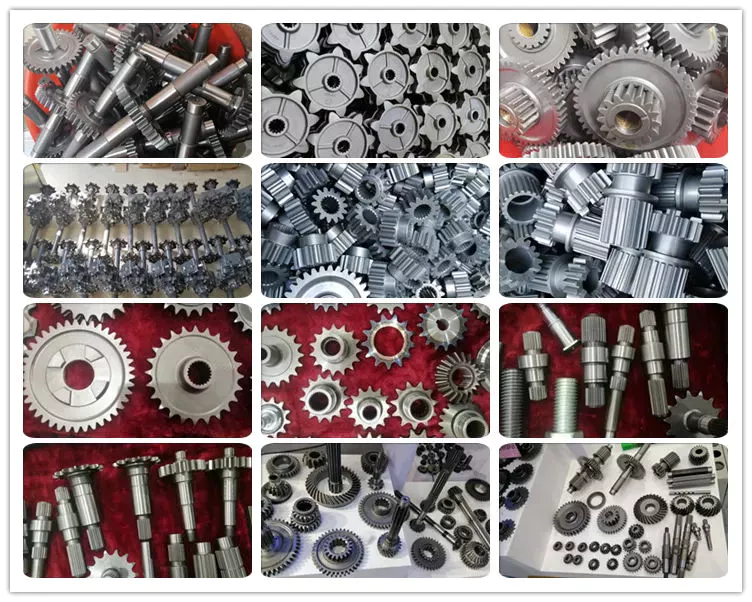
Misalignment of a spline coupling
A study aimed to investigate the position of the resultant contact force in a spline coupling engaging teeth under a steady torque and rotating misalignment. The study used numerical methods based on Finite Element Method (FEM) models. It produced numerical results for nominal conditions and parallel offset misalignment. The study considered 2 levels of misalignment – 0.02 mm and 0.08 mm – with different loading levels.
The results showed that the misalignment between the splines and rotors causes a change in the meshing force of the spline-rotor coupling system. Its dynamics is governed by the meshing force of splines. The meshing force of a misaligned spline coupling is related to the rotor-spline coupling system parameters, the transmitting torque, and the dynamic vibration displacement.
Despite the lack of precise measurements, the misalignment of splines is a common problem. This problem is compounded by the fact that splines usually feature backlash. This backlash is the result of the misaligned spline. The authors analyzed several splines, varying pitch diameters, and length/diameter ratios.
A spline coupling is a two-dimensional mechanical system, which has positive backlash. The spline coupling is comprised of a hub and shaft, and has tip-to-root clearances that are larger than the backlash. A form-clearance is sufficient to prevent tip-to-root fillet contact. The torque on the splines is transmitted via friction.
When a spline coupling is misaligned, a torque-biased thrust force is generated. In such a situation, the force can exceed the torque, causing the component to lose its alignment. The two-way transmission of torque and thrust is modeled analytically in the present study. The analytical approach provides solutions that can be integrated into the design process. So, the next time you are faced with a misaligned spline coupling problem, make sure to use an analytical approach!
In this study, the spline coupling is analyzed under nominal conditions without a parallel offset misalignment. The stiffness values obtained are the percentage difference between the nominal pitch diameter and load application diameter. Moreover, the maximum percentage difference in the measured pitch diameter is 1.60% under a torque of 5000 N*m. The other parameter, the pitch angle, is taken into consideration in the calculation.


